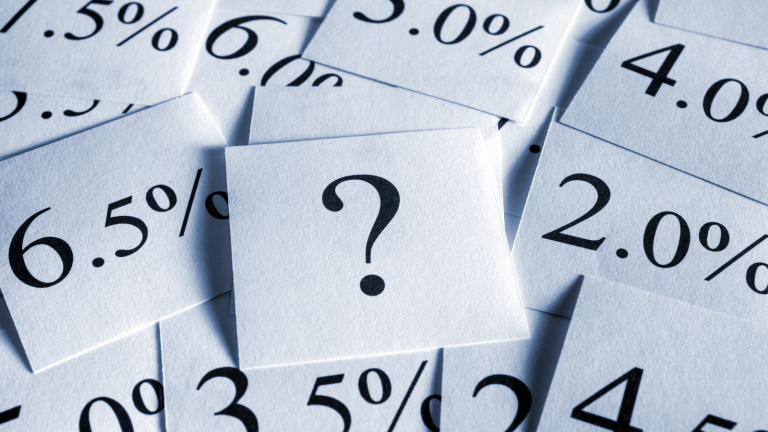Today, the Federal Reserve announced a 75 basis point (or 0.75%) increase to the Federal Funds rate. This rate increase is the highest in nearly three decades, and signals a major hawkish shift for a Fed that has been highly accommodative of late.
Now, investors are asking: what does higher interest rates mean for the stock market and investors?
Indeed, many investors in today’s market haven’t been investing during times of rapid rate increases. Investors over the past decade plus have been blessed with historically low interest rates. However, with the removal of a near-zero rate policy materializing, it will be intriguing to see how stocks will react to this new environment.
There are a number of factors to consider, so let’s dive into what investors can expect moving forward.
Are Higher Interest Rates Good or Bad for Stocks?
From a quantitative perspective, the data actually points in a
positive direction in rising interest rate environments. During four of the five past hiking cycles (outside of the dot-com bubble), stocks actually went up alongside interest rates. Typically, the Federal Reserve hikes interest rates during strong economic periods. Higher inflation generally means the economy is running hot. Accordingly, this is good for most businesses, particularly if costs can be passed on to a strong consumer.
Many believe that’s the situation right now. Household balance sheets are still relatively strong. And consumers still have pent-up savings to spend (alongside strong credit).
However, the bear case right now is that we could be on the verge of a recession. Achieving a so-called “soft landing,” where the Federal Reserve avoids recession, may be increasingly difficult. That’s mainly because GDP projections are coming down, as investors price in demand destruction from higher rates.
That said, until demand decreases substantially, and is reflected in lower inflation, I expect more interest rate hikes. The Fed has said it will be aggressive. Right now, I think it’s worth taking the Fed at its word. Accordingly, we may be in for more downside volatility, if this turns out to be more akin to the dot-com bubble than previous soft landings.
On the date of publication, Chris MacDonald did not have (either directly or indirectly) any positions in the securities mentioned in this article. The opinions expressed in this article are those of the writer, subject to the InvestorPlace.com Publishing Guidelines.

